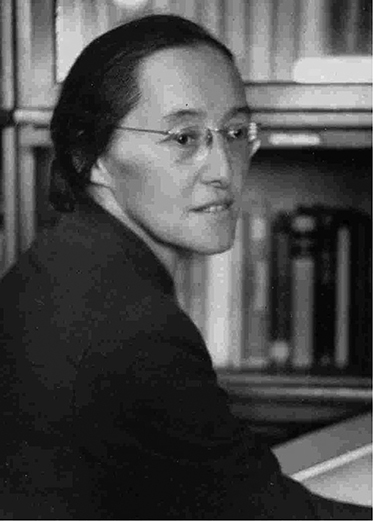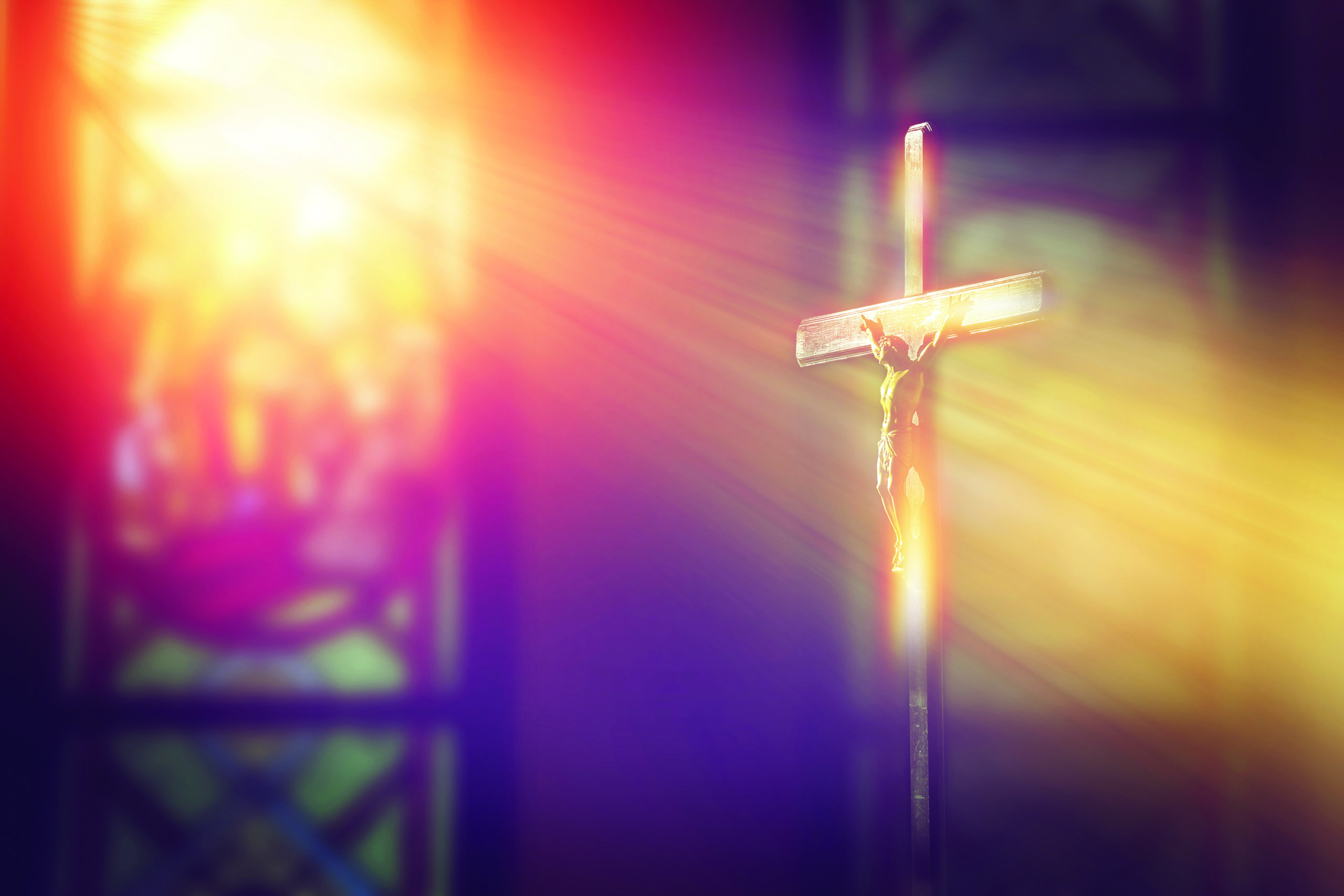Throughout the history of the Church, many of the great writers, artists and saints have not been shy in their critique of Church leadership. From Dante and Michelangelo putting prominent figures of the curia in hell to Catherine of Siena telling the pope, in no subtle terms, that he must return to Rome to lead his sheep, these figures have been fierce in their criticisms of ecclesial leaders. However, they were faithful to the living body of Christ.

This unwavering fidelity to the Church is something they share with Catholic writer Ida Friederike Görres. In her 1970 lecture “Trusting the Church,” included in the fall 2020 issue (Vol. 24, No. 4) of LOGOS and translated by Jennifer S. Bryson, Görres outlines a bleak and disheartening view of the Body of Christ at the moment but remains firm in her belief that Christ will care for his bride, the Church. In his eulogy for Görres, then-Father Joseph Ratzinger spoke of how she believed in “the living Church. She realized that the Church is not just an organization, a hierarchy, an administrative office, but an organism that grows and lives through centuries.”
This belief in a living Church comes with great responsibility. We must never lose heart when She is sick and ailing but “always pray from now on to defend the courage that has been entrusted to us, to defend that which is holy tenaciously, bravely, stubbornly, and at all costs.”
What is still firm and tranquil today in the Church, in Christianity, in our faith? What does not waver and wobble? What is not being challenged from the outside and, most harshly, from the inside by theologians, by priests?
Whom should we trust? A theology that continually explains its own bankruptcy via leading speakers; an interpretation of revelation that turns it into a rather unimportant science destroying its own foundations, rejects tradition, dissolves the Bible, denies the highest magisterium and, finally, as the capstone of their wisdom, invents absolute blasphemy, unutterable by any Jew, Muslim, or Gentile, which one can only quote to report on and say with physical reluctance: “God is dead.” (But their unfortunately endless production fills the shelves of Christian bookstores very profitably.)
Is it any wonder when the worst, creeping fear sometimes invades even people of the best intention, in quiet hours, in the silence of sleepless nights: What if they might be right? There are so many, such smart people among them, in such a high, responsible positions, priests and laypeople! Can I alone be right against this throng of opposing witnesses? Against this immense flood, which is bursting forth out of the mass media – not least of all in Church radio and in printed works with ecclesial imprimatur and financed by the hierarchy? What am I to do, a poor individual, against a power that even the bishops seem to tremble at and tiptoe around?
What if the rebels really were to own the future? What if this process, which seems to us like destruction and betrayal, were actually God’s will and to resist it were impious and an act of petty faith? What if – an agonizing thought in the midnight hours – what if I were tied to a great but inexorably dying body, through merely emotionally stirring, but ultimately subjective, unreasonable inhibitions, habits, prejudices, antiquated piety, wrongly grounded loyalty? What if the people from whom we received faith and guidance were themselves blind guides for the blind?
Are we living on a leaky ship sinking inch by inch, from which not only the rats but also the sensible, sober people jump off just in time?
Who provides an answer for us in such hours? Whom else can we ask?
Only the Church herself.
I believe in God’s faithfulness.
I trust the Church’s tremendous powers of regeneration – they will be awakened when the need is at its greatest. Precisely because she is a poor bride in misery now, she is more at the mercy of His grace than ever.
I trust in her invisible allies, in the community of the saints in the old sense, in which we living are only a tiny part, embedded in the old image of the “three-story” Church: We the struggling, pilgrim Church between the suffering, where there is purification, and the triumphant (yes, in spite of the foolish narrowing of this forbidden word!), the Church of Heaven, perfected in the victory of Christ.
I believe and trust that even the ugliest and worst manifestations of this revolution represent phases of a necessary self-cleansing of the Church body and at the same time a well-deserved judgment.
Even more, I trust the suffering in the Church. … Above all, the suffering among the many, many good, faithful priests, who hardly appear in the press and on television, but who … are consumed for those entrusted to them, even if they themselves are externally the weaker ones and have to watch the debauchery defenselessly. Their bitter suffering … is invisible martyr blood. It sprouts the seeds that grow in the winter night.
I believe in the praying Church made up of laity and priests, the forbearing, the atoning Church.
I believe in the hidden saints – there are certainly many – who participate today in Christ’s concealment of Holy Saturday.
But I also believe that some visible messengers of God may be closer than we suspect. I believe in the many pure and good hearts among the youth who are concerned with what is real, who hunger and thirst for justice, who bide their time critically and are maturing gradually. God already knows them. He will call them at their hour. Didn’t Augustine even say, when his church was almost empty because of a circus festival: “Who knows how many future bishops are now sitting in the stands at the circus and applauding the gladiators!”
By Ida Friederike Görres, from “Trusting the Church,” included in the fall 2020 issue of LOGOS. Translated by Jennifer S. Bryson.
This story is featured in the spring 2022 issue of Lumen.







